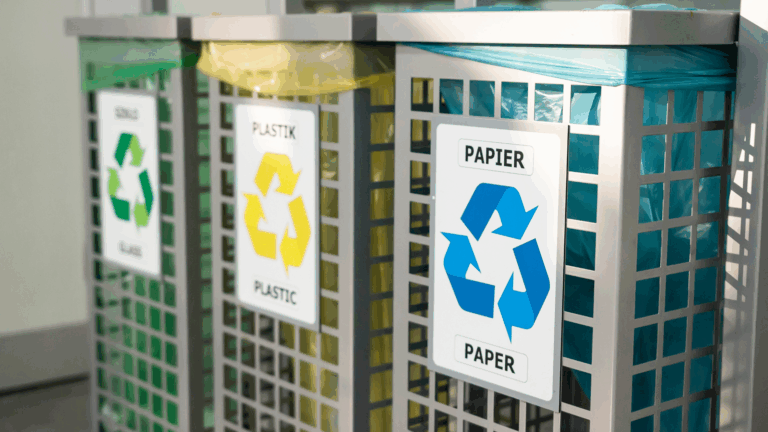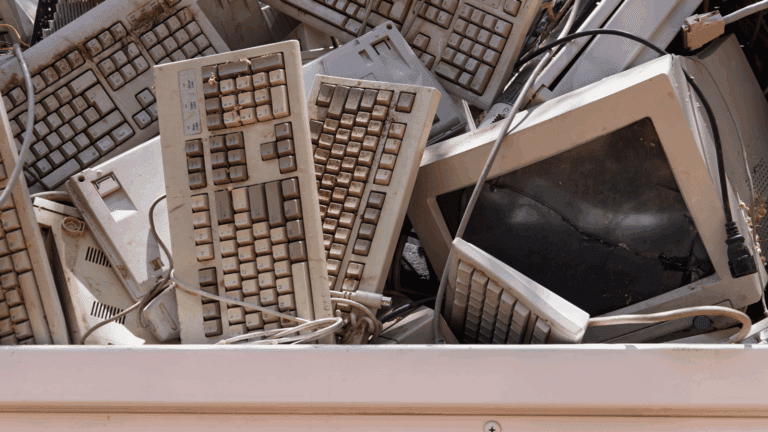
What’s stopping our sewers from running smoothly?
Blocked drains happen all the time, but nobody wants to be on the receiving end. A blockage can put a halt on your productivity, especially if the problem is left to escalate and impact our sewers.
Thankfully, we aren’t powerless when it comes to our drains. There are certain ‘usual suspects’ which make blockages more likely, and equipping yourself with knowledge is the best way to avoid blockages down the line.
That’s why we’re here with five of the most common causes of blocked drains, so you know where to take extra caution. Let’s take a look.
Fat
Fat is one of the biggest offenders when it comes to drain blockages, because many people don’t think twice about washing it down the sink. It’s understandable – when cooking, we’re usually dealing with fat in hot, liquid form, which can be awkward to dispose of in a bin. But flushing fat down a sink can lead to a growing problem – literally.

Food scraps
Most people don’t make a habit of putting food down the sink, but food waste is a huge issue in the UK – 9.5 million tonnes a year – and if even a small percentage of this goes down the plug, it can quickly add up.
It doesn’t take much food to upset a drain. The odd piece of pasta of handful of rice can soak up a lot of water and expand to clog a pipe. Ensure any excess food is scraped away before you start washing your dishes.

Baby wipes
Disposable baby wipes are used for many reasons, from cleaning to make-up removal, but problems arise when people flush them after use, rather than throwing them away.
These wipes are a nightmare for drains. Even those marketed as ‘flushable’ can cause problem, sticking to each other and to other substances lingering in your drains – like that pesky fat. These clogs can wreak havoc on your drains, so avoid flushing wipes in future.
Hair
We don’t notice how much hair comes off our bodies when we bathe or shower, but it quickly adds up. When paired with soap and other toiletries, hair can form unpleasant gooey lumps that easily clog plugholes.
The longer your hair, the more of a problem this can be. If you have long hair, make a habit of brushing it before you get in the shower to remove as many loose hairs as possible. You can also invest in ‘hair catchers’ for your plugs, which can help take the pressure off your drains.
Food scraps
Most people don’t make a habit of putting food down the sink, but food waste is a huge issue in the UK – 9.5 million tonnes a year – and if even a small percentage of this goes down the plug, it can quickly add up.
It doesn’t take much food to upset a drain. The odd piece of pasta of handful of rice can soak up a lot of water and expand to clog a pipe. Ensure any excess food is scraped away before you start washing your dishes.
Toiletries – especially expensive ones
Luxury toiletries can make a bathroom look and feel fancy, but they can also have a detrimental effect on your plumbing. Things like 4-ply toilet roll, bath salts, and even soap can build up in your pipes, causing blockages over time.
The problem is that more expensive items are made to last, and while this is good for us, it means it takes longer for them to break down in our drains. Bath bombs are particularly bad, as they often don’t completely dissolve before being sent swirling down the plug.
Being wary of these items can help you make smart decisions that protect your drains and save you significant costs down the line.

Contact Everflow today!
At Everflow, our goal is to make your utilities simpler. We ensure you get great-value contracts that are tailored to your needs and easy to manage.


